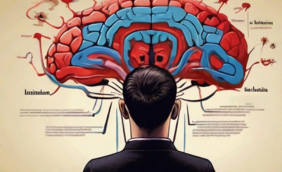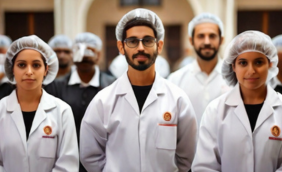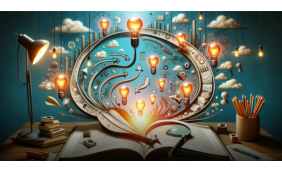Estrategias cerebrales para el éxito en publicidad
La comprensión de la mente humana se ha convertido en una herramienta esencial para aquellos que buscan destacarse de su competencia. El neuromarketing es una de las herramientas que le da sentido a este panorama.
Ver másVisión empresarial 4.0: Liderazgo y estrategias de gestión del talento en la Era de la AI
En el vertiginoso paisaje empresarial actual, los mandos intermedios desempeñan un papel crucial en la implementación efectiva de estrategias de liderazgo en la era de la Inteligencia Artificial (IA). Este artículo proporcionará estrategias prácticas para que los mandos intermedios prosperen en este entorno dinámico y tecnológicamente avanzado, siendo apoyados por las áreas expertas en gestión del talento.
SpainBS en el Ranking Mundial Webometric
El Centro Superior de Investigaciones Científicas, CSIC, es el mayor organismo público de investigaciones científicas en España y de las primeras organizaciones de investigación básica de Europa. Su principal objetivo es promover la investigación científica para mejorar el progreso del nivel científico y tecnológico del país que contribuya a incrementar el bienestar de los ciudadanos. Desde hace 20 años, a través de su Laboratorio de Cibermetría, publica un ranking mundial sobre los Institutos de Educación Superior.
Guía práctica para parafrasear sin plagio
Si eres estudiante, bloguero o aspirante a autor, probablemente hayas escuchado el término "parafrasear" varias veces. ¿Pero todos entendemos cómo parafrasear y cómo hacerlo correctamente? Comprender el arte de parafrasear bien puede ayudarte a destacar. En esta guía práctica, analizaremos las complejidades del parafraseo, su importancia en diferentes entornos y presentaremos estrategias tangibles para ayudarlo a mejorar sus habilidades de parafraseo.



